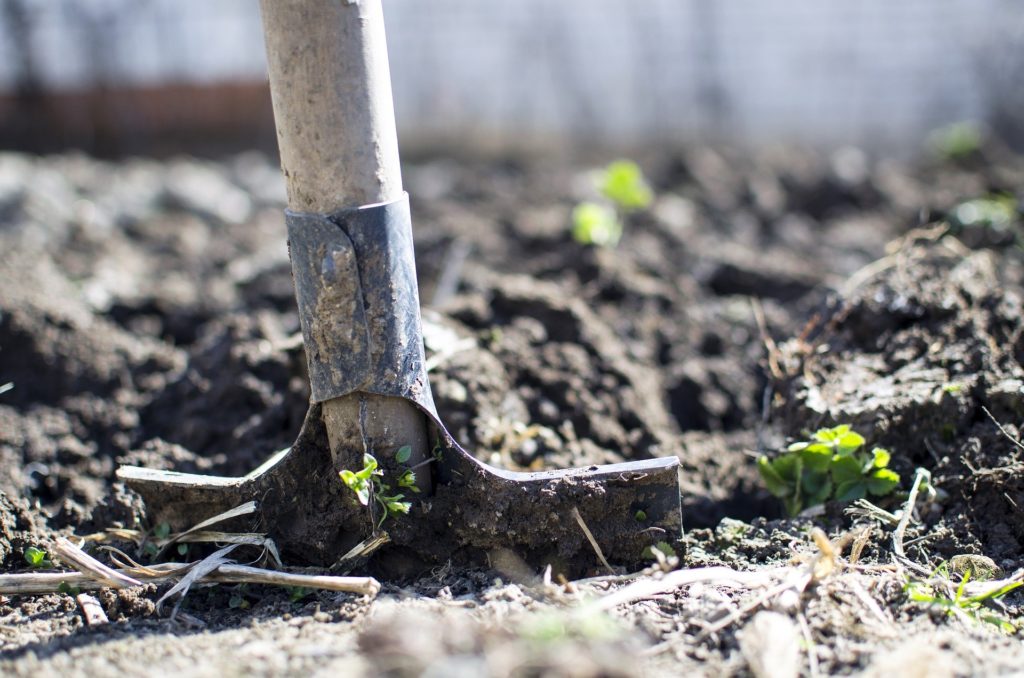New article about the LEGUMINOSE project on Earth.Org
In the ever-evolving landscape of sustainable agriculture, two crucial elements emerge as beacons of progress: traditional knowledge and innovative practices. While cutting-edge solutions are essential, the wisdom passed down through generations is equally invaluable.
A recent article on Earth.Org highlighted three impactful initiatives and how they incorporate traditional knowledge on the quest to a greener, more sustainable future. Among the featured projects was also the LEGUMINOSE project.
-
- Intercropping for sustainability: The LEGUMINOSE project underscores the importance of intercropping, an ancient farming technique. Intercropping can significantly reduce the need for chemical fertilisers, increase crop yields, and enhance soil health, making it a powerful tool for sustainable agriculture.
-
- Breaking down barriers to utilising traditional knowledge: The BIOTraCes project aims to break down barriers between traditional knowledge, science, and decision-makers.
-
- Sharing insights on nutrient management practises: The NUTRI-KNOW project seeks to promote innovative nutrient management practices by creating a continuous cycle of knowledge exchange among farmers, researchers, companies, public administrations, and society.
“Traditional knowledge is a huge knowledge base. And if we aim for a transformative change, we need as much knowledge as we can have.
Zsolt Molnár, botanist at the Hungarian Centre for Ecological Research (Ecolres)
Learn more about how these projects harmonise age-old wisdom with modern approaches, forging a path towards a more sustainable and resilient agricultural landscape:
